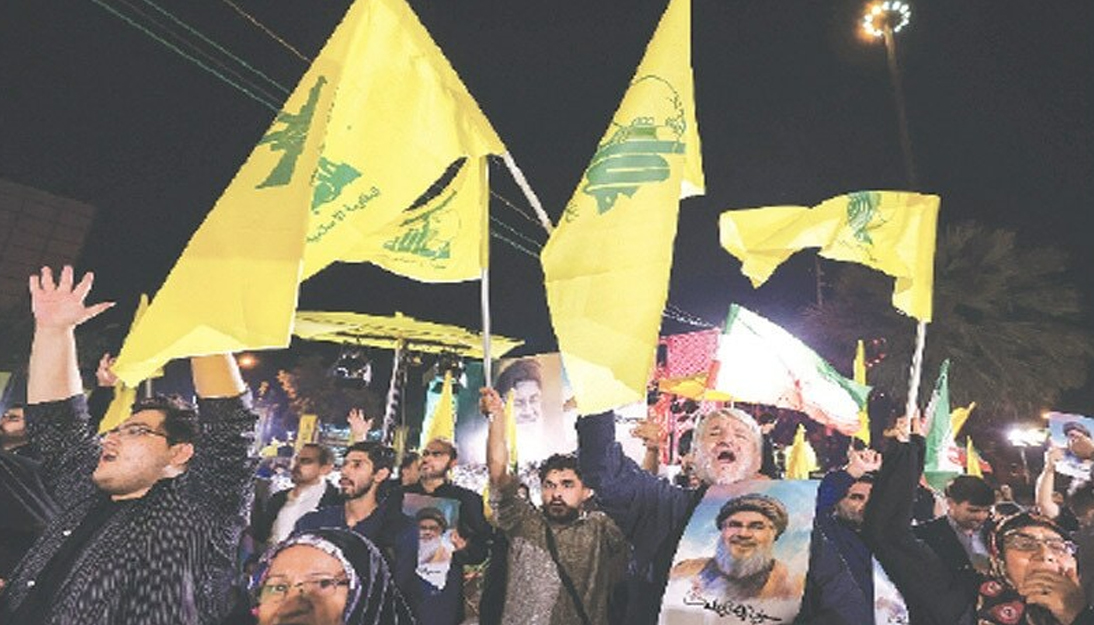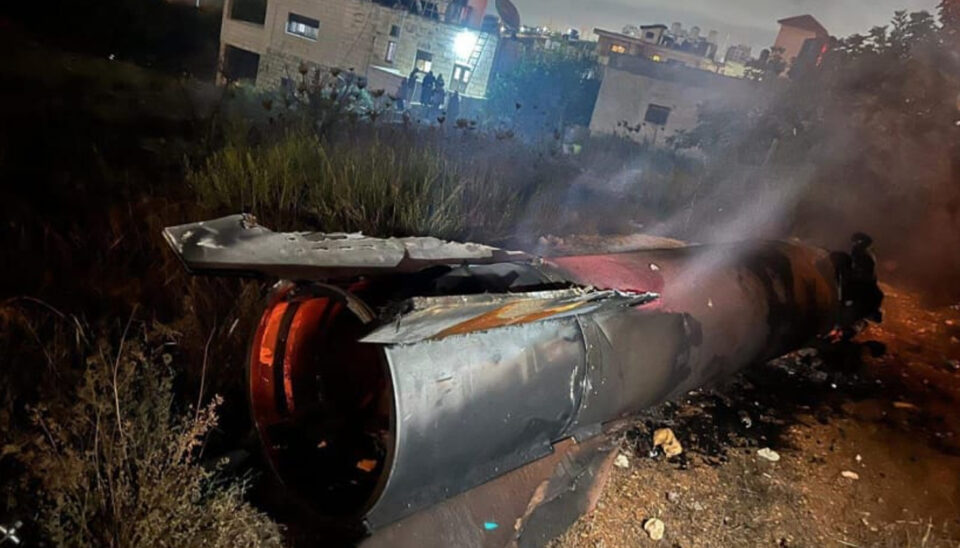Escalation in the Middle East: Iran Launches Missile Strike on Israel Amid Rising Tensions
BEIRUT/WASHINGTON – On Tuesday, heightened tensions in the Middle East resulted in Iran launching a series of missile attacks on Israel, following reports of Israeli ground operations in southern Lebanon. This escalation has led to increased global concern, with Western governments calling for restraint to avoid further conflict.
Israeli cities, including Tel Aviv and Jerusalem, faced missile strikes as air raid sirens blared across the region. According to Israeli Defense Forces (IDF), around 180 missiles were launched, with some intercepted by Israeli defense systems. While there were no immediate reports of casualties, debris from the missiles was reported in cities like Jenin and Bethlehem, prompting authorities to instruct citizens to remain in shelters for safety.
The Iran Revolutionary Guard Corps (IRGC) claimed responsibility for the missile strike, stating it was a retaliatory move in response to recent Israeli actions. The IRGC said the attacks were aimed at military targets near Tel Aviv and were in response to the deaths of key figures from Hezbollah and Hamas. In a statement, the IRGC warned of further “crushing attacks” should Israel retaliate.

The United States, a key ally of Israel, condemned the missile attack. US officials called the situation a “significant escalation” but noted that most of the missiles had been intercepted, minimizing damage. President Joe Biden reiterated the US’s commitment to helping Israel defend itself and emphasized that further action against Iran could be expected if the conflict intensifies.
Earlier on Tuesday, Israel had carried out airstrikes in Lebanon, targeting Hezbollah strongholds, which Israel claims were in response to Hezbollah attacks. The United Nations has reported seeing small-scale incursions by Israeli forces but has warned against a full-scale invasion. Meanwhile, Hezbollah denied that Israel had launched a ground invasion but stated it was prepared to defend Lebanon if necessary.
The missile attacks have severely impacted air travel in the region. Israel and Iran both suspended incoming and outgoing flights, while several international airlines, including Lufthansa and KLM, announced suspensions of flights over the Middle East. Countries such as Pakistan have also altered their flight paths to avoid Iranian airspace.
In response to the escalating conflict, world leaders are calling for calm. UN Secretary-General Antonio Guterres urged for an immediate ceasefire, expressing concern over the growing conflict. European and Middle Eastern leaders, including Spain, France, and the UK, echoed the sentiment, calling for de-escalation to prevent further bloodshed.
Despite these calls for peace, both Iran and Israel remain on high alert. Western nations are also beginning to evacuate citizens from Lebanon in anticipation of further conflict, with Cyprus being considered as a key evacuation hub.
As the situation develops, global powers are closely monitoring the conflict, fearing the potential for further destabilization in an already volatile region.

